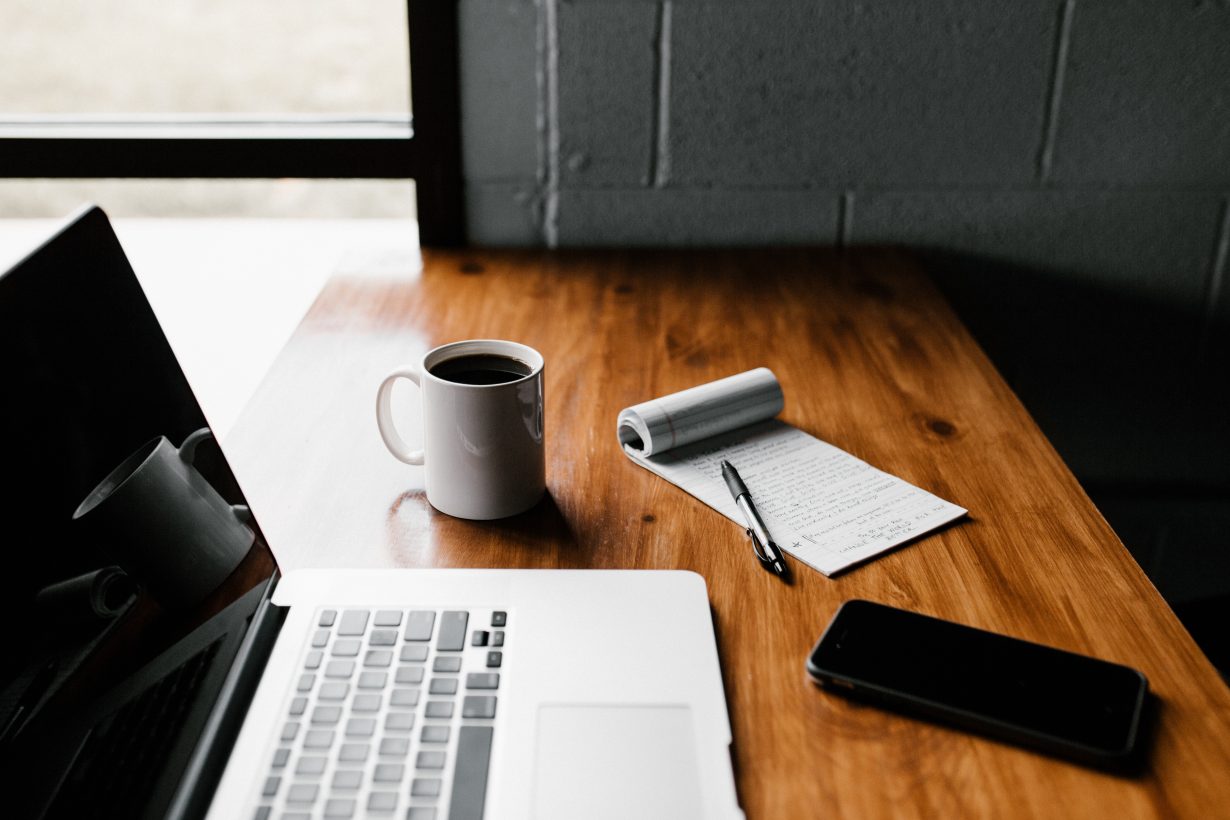
Why Do We Feel Guilty About Taking Breaks + How To Take The Most Effective Brain Breaks
Dr. Caroline Leaf – We need to recognize that although the mind is infinite, the brain is finite, and it needs rest to function well. We can only give our best when we are rested, which is why it is so important that we learn how to be okay with doing nothing…
We all want holidays, but we often feel guilty about taking even a day off. In many cases, we find ourselves in a catch-22: we have so much to do, but can barely get through it all because we are exhausted and at our whit’s end. Yet, giving our brains a break is essential to our productivity, efficiency and ability to think creatively at work, so it is so important that we learn when to say “no” and when to rest, otherwise we increase our risk for burnout and chronic health issues!
Of course, sometimes saying “no” to work can be hard, especially when we are made to feel guilty about needing a break, or if we feel our worth comes from the hours we spend in the office, as I discuss in this week’s blog and podcast. However, we are not machines; the brain can only do so much in one day, and we need more than work to fulfill us, which is why we need to make rest a and connection an important part of our 2020 New Year’s resolutions by:
1. Practicing doing nothing:
Many of us feel guilty when we need to take a break or holiday, because we live in a society that constantly tells us that we are only valuable if we work all the time. We over-value people who work overtime, glorifying their hectic schedules, while we undervalue the power and beauty of rest and relaxation.
We need to recognize that although the mind is infinite, the brain is finite, and it needs rest to function well. We can only give our best when we are rested, which is why it is so important that we learn how to be okay with doing nothing (this takes some practice, especially if you constantly feel the need to do something!).
One way you can make resting and doing nothing a habit this is what I like to call “thinker moments”, where you just let your mind wander and daydream for a few moments to a few minutes throughout the day (I try do this for a minute or so every hour). These moments give the brain a break and allow it to reboot and heal, which increases clarity of thought and organizes the networks of the brain, so that when you do go back to work you will be able to get more done in a shorter amount of time, and with less stress! For more on thinker moments, see my book Think, Learn, Succeed and my recent blog and podcast.
For more on rest and learning how to treat the weekends like a vacation to prevent burnout, listen to my recent podcast.
2. Disconnecting from technology and connecting with others:
More and more research is coming out on how the happiest people are those who connect with others and build meaningful relationships, not those who work the most hours. As a society, we tend to focus more on our resume and CVs, or what we have achieved, rather than our relationships and our community. Yet the brain is made for human connection; we feel the most fulfilled and at peace when we are valued members of a group.
Rather than seeing relationships as a burden, we need to realize that they are often our saving grace. Missing an email because we are having dinner with a friend is not the end of the world, while taking that time to disconnect from work and connect with a loved one can help us return to work feeling refreshed and motivated, which, in turn, can help us enjoy our work more! So, next time you find yourself saying “sorry, I am too busy” stop and ask yourself if you really are, or if getting out the office and spending time with a friend or family member is just what you need to get out of the work funk.
3. Setting boundaries:
Of course, sometimes we have to work hard on a deadline, or something urgent needs to get done while we are on holiday. If this is the case, it is important to set work boundaries by setting aside an amount of time during the day to work, and then stopping and resting when it is done (using the timer or alarm on your phone can be helpful!). Don’t just say “let me finish this quick”, because you may end up working for hours on things that really don’t need to get done; schedule in work like you would schedule in a lunch date, and then enjoy your time off!
To read the original article click here.






